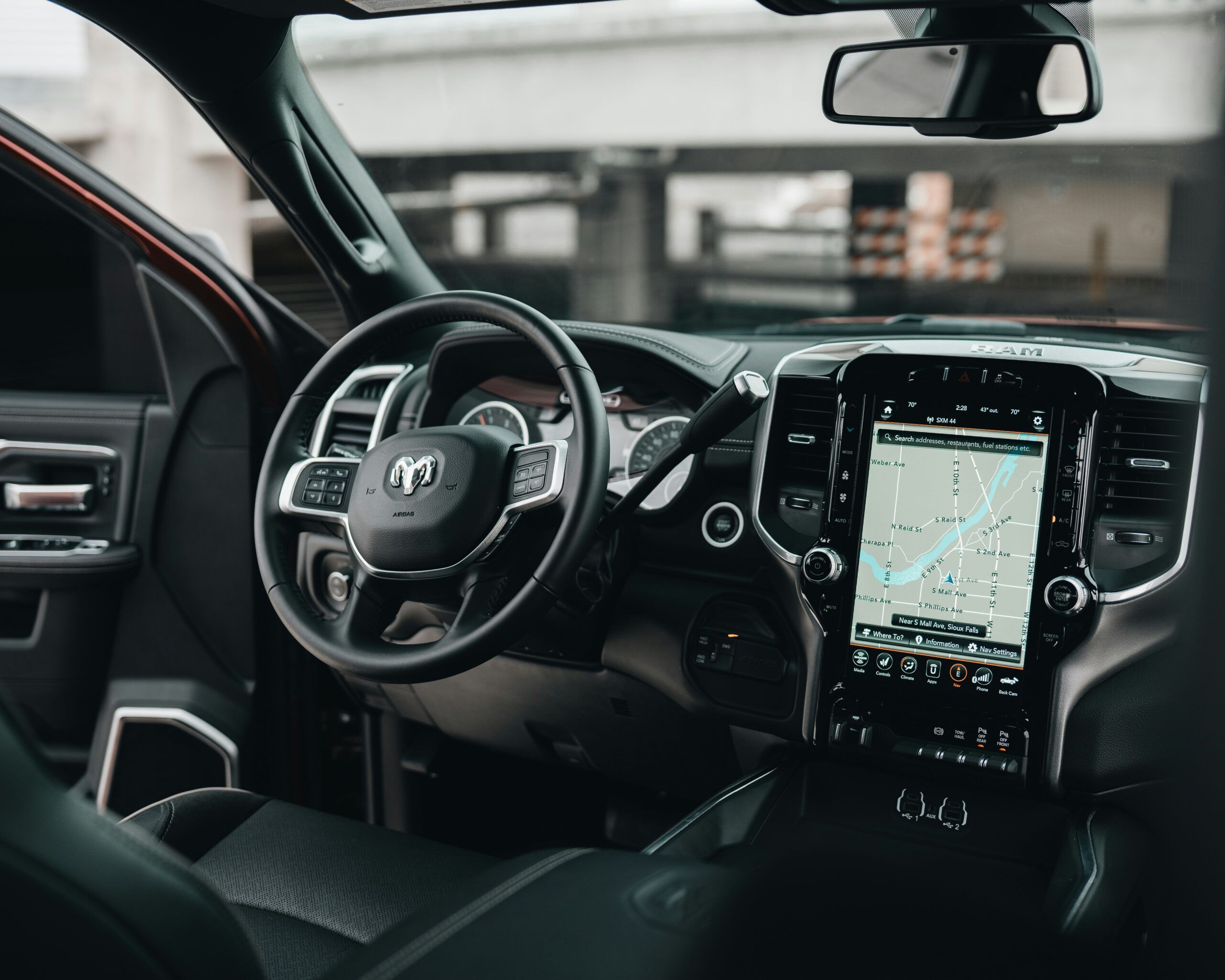Introduction
The Dark Side of Autonomous Vehicles: Are We Ready for a Driverless Future? The idea of autonomous vehicles (AVs) has fascinated both engineers and the general public for decades. With the rise of artificial intelligence, machine learning, and advanced sensor technology, driverless cars are becoming a reality. Tech giants like Tesla, Waymo, and Cruise are leading the charge toward a future where cars no longer need human intervention.
But while this future sounds promising, are we truly ready for a world dominated by autonomous vehicles? Despite the convenience, safety promises, and efficiency gains, AVs also come with a dark side—ethical dilemmas, cybersecurity risks, job losses, and legal uncertainties. In this blog, we explore the potential dangers and challenges of a fully autonomous future.
Table of Contents
1. The Safety Myth: Are Autonomous Cars Really Safer?
One of the biggest arguments for AVs is that they can reduce accidents caused by human error. According to the National Highway Traffic Safety Administration (NHTSA), 94% of crashes are due to human mistakes. But does this mean autonomous cars will eliminate accidents entirely?
The Problem of Edge Cases
Autonomous cars rely on sensors, cameras, and AI algorithms to interpret their surroundings. However, these systems struggle with unpredictable real-world scenarios, such as:
- Unusual road conditions (e.g., flooded roads, construction detours)
- Pedestrians acting unpredictably (e.g., jaywalking or running into traffic)
- Merging lanes with human-driven cars that don’t follow perfect rules
Waymo, Google’s self-driving project, has logged millions of miles on real roads, but there are still cases where its AVs have hesitated, malfunctioned, or caused minor traffic disruptions.
Read more about the challenges Waymo faces here.
Ethical Dilemmas: Who Does the Car Save?
Self-driving cars must make split-second ethical decisions in accidents. Consider the classic trolley problem: If an AV has to choose between hitting a pedestrian or swerving into a wall and injuring its passenger, what should it do?
- Should it prioritize the greater good (minimizing overall deaths)?
- Or should it protect its passenger at all costs?
These moral dilemmas remain unresolved, and different cultures might have different expectations. MIT’s Moral Machine Project has conducted research showing that people across countries have conflicting views on who should be prioritized in accidents.
Check out the Moral Machine experiment results here.
2. Cybersecurity Risks: Can Hackers Take Control of Your Car?
Unlike traditional cars, autonomous vehicles are software-driven, meaning they are vulnerable to hacking. Imagine a scenario where a hacker takes control of thousands of AVs in a city, causing mass chaos. This isn’t just a theory—researchers have already demonstrated ways to hack AVs:
- In 2015, cybersecurity experts hacked a Jeep Cherokee remotely, controlling its steering and brakes.
- In 2021, a Tesla Model 3 was hacked using a drone attack, showing how easy it is to exploit system vulnerabilities.
Data Privacy Concerns
Autonomous cars collect enormous amounts of real-time data, including:
- Your location history
- Your driving habits
- Even your conversations inside the car (if voice assistants are enabled)
Who owns this data? And can it be sold to advertisers, law enforcement, or governments? If not properly regulated, AVs could become moving surveillance devices.
Read about past car hacking incidents and risks here.
3. Job Losses: The Impact on the Economy
The transportation industry employs millions of people worldwide, including truck drivers, taxi drivers, and delivery personnel. A widespread shift to AVs could lead to mass unemployment, especially in sectors that rely heavily on human drivers.
The Trucking Industry at Risk
Self-driving trucks have already been tested on highways, with companies like Embark and TuSimple developing autonomous freight solutions. But what happens to the millions of truck drivers in the U.S. and worldwide if AVs take over long-haul routes?
- Loss of livelihoods: Many truckers rely on this career for survival.
- Economic ripple effects: Restaurants, motels, and businesses that serve truckers may suffer as well.
- Retraining challenges: Will workers be able to transition to new careers in tech-driven industries?
4. Legal and Insurance Challenges
If a self-driving car causes an accident, who is responsible? The driver? The manufacturer? The software developer?
The Liability Puzzle
Today, human drivers are responsible for crashes. But with AVs, liability shifts toward software engineers and manufacturers. This raises complex questions:
- Can a car company be sued for software bugs that cause fatalities?
- Will insurance companies adjust policies to cover AV-related accidents?
- How do governments regulate cross-border liability (e.g., if an American-made AV crashes in another country)?
Without clear legal frameworks, self-driving technology might face delays in widespread adoption.
5. The Loss of Driving Enjoyment
For many, driving is more than just a necessity—it’s an experience. Enthusiasts love the thrill of manual transmissions, acceleration control, and road feel. If AVs take over completely, will we lose the joy of driving?
Car Culture and the Death of Manual Control
Automotive culture thrives on:
- Car meets and racing events
- Restoring and customizing vehicles
- The thrill of the open road
If all cars are autonomous, will people still be allowed to drive manually? Some countries may even ban human driving for safety reasons in the future. This could mean the end of classic car culture.
Conclusion: Are We Truly Ready for a Driverless World?
While autonomous vehicles promise a safer, more efficient future, they also come with significant risks that cannot be ignored. From cybersecurity threats and job losses to ethical dilemmas and legal complications, the transition to a fully autonomous world is far from smooth.
What do you think? Are we ready to embrace a driverless future, or are there too many risks? Let us know your thoughts in the comments below!
You can find more Automobile content:
https://allinsightlab.com/category/automobiles/

